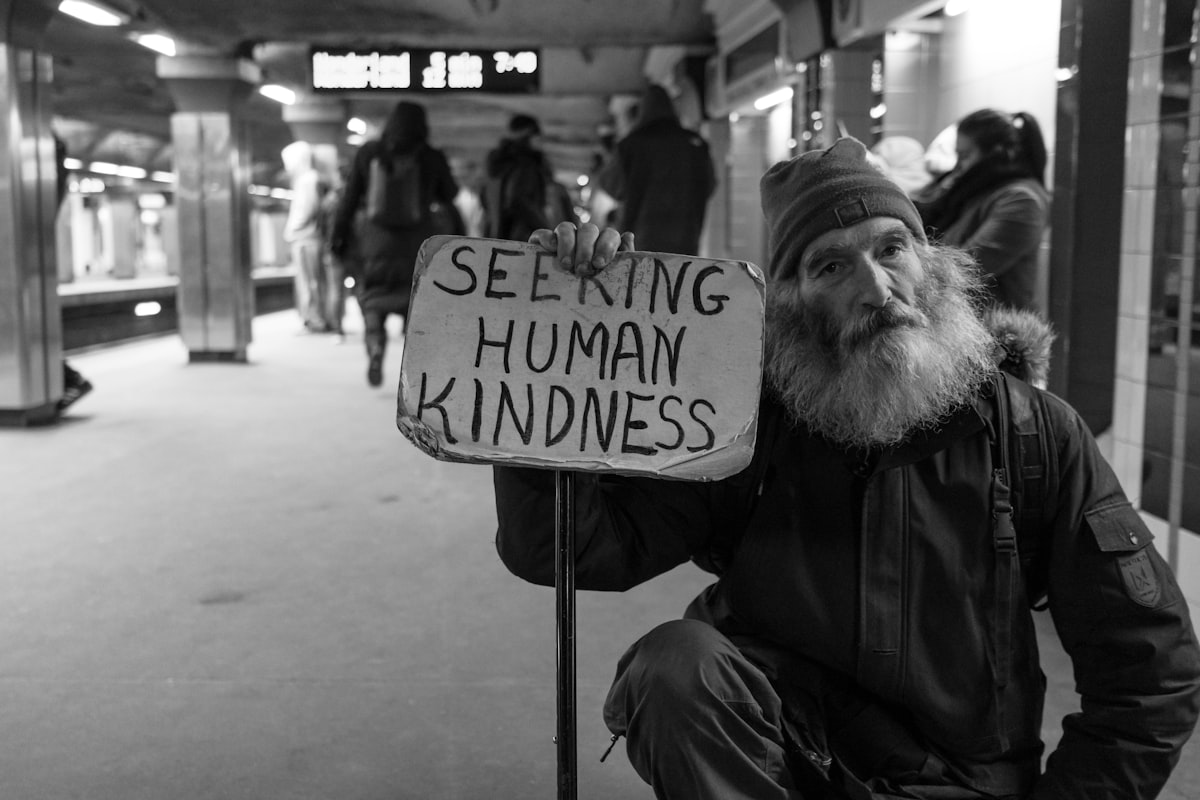The Christian Witness to Misery
One thing, however, is sure: unless Christians fulfill their prophetic role, unless they become the advocates and defenders of the truly poor...

Originally published in Issue #7 on May 14, 2021
One thing, however, is sure: unless Christians fulfill their prophetic role, unless they become the advocates and defenders of the truly poor, witness to their misery, then infallibly, violence will suddenly break out. In one way or other ‘their blood cries to heaven,’ and violence will seem the only way out. It will be too late to try to calm them and create harmony.
– Jacques Ellul, French sociologist, via Common Prayer: A Liturgy for Ordinary Radicals, pg. 268
When I came across this quote it struck me as deeply prophetic. The outbreaks of violence and rage which we have seen in the American context over race and other factors is something that Christians should oppose as stewards of Jesus’ application of the 6th commandment (Matthew 5:21-22).
But, I also believe that the American Christian church has failed in its prophetic witness to this suffering for a long, long time. The American Christian church was often complicit in slavery. It was often complicit in opposing racial reconciliation. It has often feared what it would mean to call for change. One must read no further than Rev. Martin Luther King’s ”Letter from a Birmingham Jail” 📃 to know that. We have too often failed to enter into the misery of others, to seek understanding, and to seek change even when it is difficult.
I’m not saying that you, reader, are complicit in this. I’m not calling you a racist. I’m not advocating for a critical race theory worldview. I’m not doing any one of a hundred things you may think I’m doing merely by writing about race. I am a white, generally politically and theologically conservative, evangelical Christian. What I am saying is that the American Christian church has become far too comfortable with political, worldly power for far too long. Perhaps we need to re-examine how we may be failing to be “little Christs” in how we follow His example of entering into the lives of the weak, poor, and oppressed. I know that I have been far too comfortable. I must do better.
